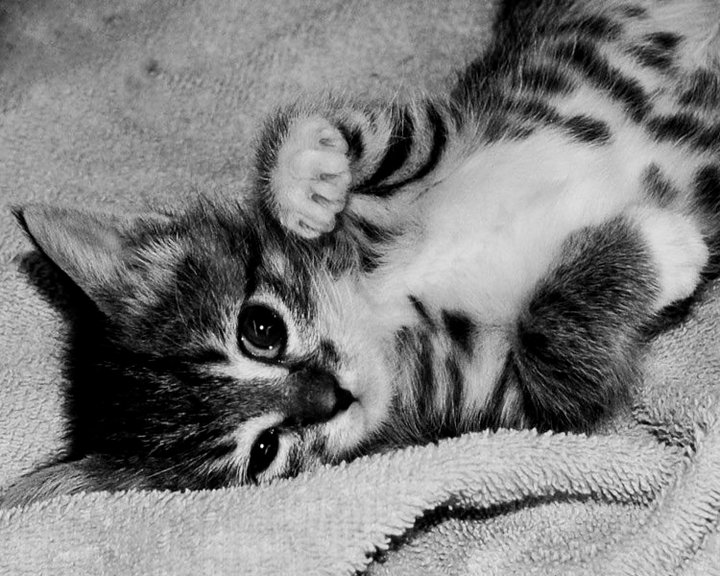Spaying and Neutering Your Pet
Every year approximately 4 million animals, the vast majority of which are medically and behaviorally adoptable, are euthanized. By spaying or neutering your pet you are directly helping to reduce this number.
Spaying your female pet-
Also known as an ovariohysterectomy
It is the removal of the ovaries and uterus
Ideal age for this procedure to be done is 4 to 6 months of age.
Benefits to spaying your pet-
If spayed before the first heat cycle, your pet has a less than
1 % chance of developing breast cancer.
If spayed after one heat cycle, your pet has an 8 % chance of developing breast cancer.
After each heat cycle the risk increases to about 25%.
Pets with diabetes or epilepsy should be spayed to prevent hormonal
changes that may interfere with medications.
Eliminates the risk and spread of sexually transmitted disease.
Will eliminate the risk of ovarian and uterine cancer.
Will eliminate heat cycles and the mess associated with it.
Will eliminate unwanted pregnancies.
 Neutering your male pet-
Neutering your male pet-
It is the removal of the testicles.
Ideal age for this procedure to be done is 4 to 6 months of age.
Benefits to neutering your pet-
Eliminates the risk of testicular cancer.
Greatly reduces the risk of prostatitis and prostatic cancer.
Reduces the risk of perianal tumors.
Tumors that are seen around the anal area
Eliminates or reduced spraying in cats if done before 6 months of age or
before the onset of these behaviors occur.
Eliminate or reduce marking behavior in dogs if done before 6 months
of age or before the onset of these behaviors occur.
Eliminates the risk and spread of sexually transmitted disease.
Eliminates unwanted litters.
Common Myths-
Spaying and neutering your pets does NOT:
Cause laziness or hyperactivity
Reduce its instinct to protect your family or home
Cause immature behaviors
Postpone or delay normal behavioral maturity
Alter your pets personality in any manner
Neutering your pet will make it feel less “male.”
Spay / neuter surgery is risky and expensive procedure.
Spaying and neutering are the most common surgeries performed on animals.
Any surgery has risks, but with a thorough exam and (in some cases) tests to rule out certain risk factors, pets recover quickly with a small amount of home care and exercise restriction after surgery.
The cost of the spay surgery is only a fraction of the cost of having and caring for a litter.
Sources: Anticruelty Society, ACPCA, and Humane Society
If you have any questions about spaying or neutering your pet or would like to schedule an appointment please call
Frankfort Animal Care Center

 Neutering your male pet-
Neutering your male pet-
